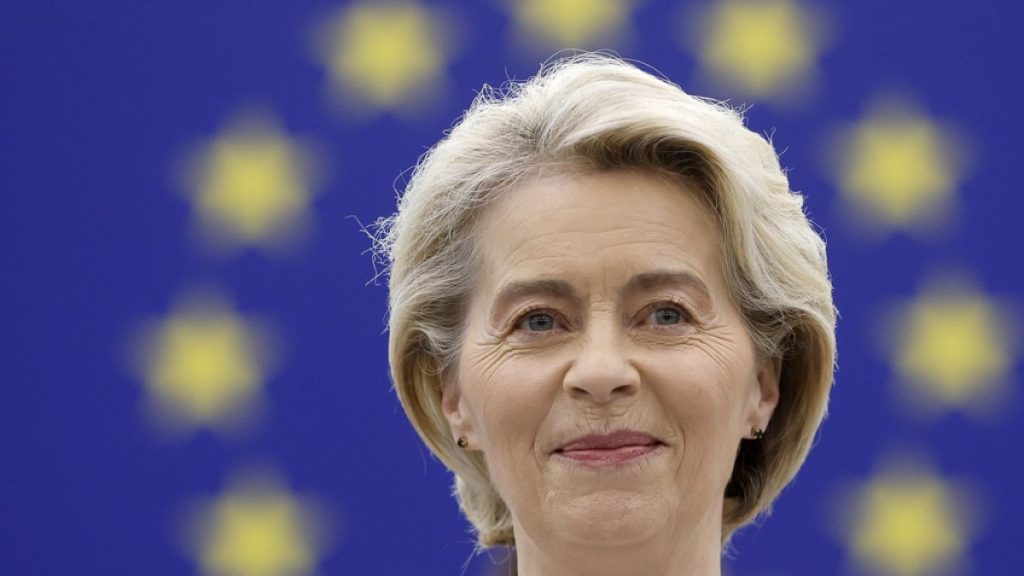The deadline for nominations for the European Commission was set for 30 August, and key candidates from various EU member states have been announced. Bulgaria proposed former Foreign Minister Ekaterina Zaharieva and former Ecology Minister Julian Popov as its two candidates, making it the only country to adhere to the request for both male and female candidates by the deadline. Italy introduced Raffaele Fitto, a seasoned politician with a background in law, who has served in various political roles since 1990, including as a Member of the European Parliament and now as a commissioner. Denmark nominated Dan Jørgensen, a social democrat who has previously served in the European Parliament, as part of Prime Minister Mette Frederiksen’s wider cabinet reshuffle.
Belgium, on the other hand, has not yet elected a commissioner due to political turmoil within the country. Despite President Ursula von der Leyen’s push for gender balance, Belgium is expected to appoint a male commissioner, as very few female candidates have been nominated across the EU so far. The announcement of candidates from different member states marks the ongoing process of forming the new European Commission under von der Leyen’s leadership. With each country proposing candidates with diverse political backgrounds and experiences, the composition of the Commission is likely to reflect a range of perspectives and priorities.
The selection of candidates for the European Commission is a crucial step in shaping the future direction of the EU. Each nominee brings a unique set of skills and experiences to the table, which will contribute to the overall effectiveness of the Commission in addressing key challenges facing the EU. As the nomination process continues, it will be important to consider the diversity and representation within the Commission, ensuring that different perspectives are taken into account in decision-making processes. The ongoing political turmoil in Belgium highlights the complexities involved in selecting candidates for the Commission and the significance of achieving gender balance in the composition of the team.
The nominations from Bulgaria, Italy, Denmark, and other EU member states demonstrate a range of political affiliations and backgrounds among the candidates proposed for the European Commission. With a mix of seasoned politicians and newcomers to EU politics, the Commission is likely to benefit from a diverse range of perspectives and approaches to addressing key issues. As countries continue to put forward their candidates, it will be interesting to see how the final composition of the Commission reflects the priorities and values of the EU as a whole, as well as the individual member states.
The nomination of candidates such as Ekaterina Zaharieva, Julian Popov, Raffaele Fitto, and Dan Jørgensen for the European Commission underscores the importance of selecting individuals with a strong track record of leadership and commitment to the values of the EU. These candidates bring a wealth of experience in politics, law, and other fields that will contribute to the effectiveness of the Commission in addressing pressing challenges such as climate change, migration, and economic growth. As the nomination process progresses, it will be essential to ensure that the final composition of the Commission reflects a balance of gender, expertise, and geographical representation to best serve the interests of the EU and its citizens.


